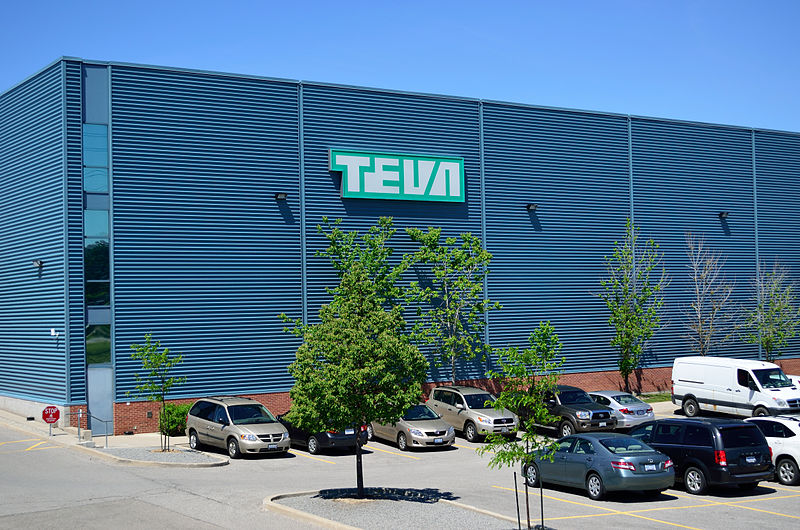Teva faces EU antitrust probe over MS drug Copaxone

The European Commission has formally opened an antitrust investigation into Teva, which will assess whether the pharma company illegally delayed launches and use of generic versions of its blockbuster multiple sclerosis drug Copaxone.
Copaxone (glatiramer) was once a mainstay of Teva’s portfolio with blockbuster sales that the Israel-based pharma fought hard to protect, including releasing a long-acting version to counter cheaper copycat drugs.
In the end it wasn’t enough and sales last year were $213 million, a fraction of the $4.3 billion in annual sales it generated during its peak year in 2013.
Now the European Commission has opened an investigation to see whether Teva acted illegally by blocking competition for Copaxone in the EU.
Teva’s Copaxone patent expired in Europe in 2015 and the Commission said it will investigate whether the company broke antitrust rules by defending the drug’s market position after the expiry.
The inquiry will test whether Teva “strategically” filed and withdrew divisional patents in order to delay entry of a competitor that was obliged to file a new legal challenge each time.
Divisional patents originate from a broader “parent” patent and may cover significantly overlapping inventions, sometimes allowing the patentee to multiply the patent barriers that a generic competitor needs to overcome to enter the market.
The Commission will also examine whether Teva may have launched a communication campaign to create a “false perception” about the health risks of prescribing generic competitors, aimed at healthcare professionals and hospitals.
This is the Commission's first formal investigation into potential abuses relating to the misuse of patent procedures and disparagement of competing products in the pharmaceutical industry.
It’s not Teva’s first run-in with European antitrust rules: in November last year the European Union fined Teva and its neurology unit Cephalon €60.5 million for an elaborate “pay for delay” scheme that prevented cheaper generic competition for its sleep disorder drug Provigil (modafinil).
And in August last year, the US Department of Justice charged Teva with conspiring with other pharma companies to fix prices for generic drugs.
A Teva spokesperson said: “Teva believes that a strong IP system is important to support the development of new innovative medicines for patients.
“We do not believe that Teva adopted anti-competitive behaviours in relation to Copaxone and we are cooperating fully with the Commission.
“The opening of a formal investigation is a procedural step, which simply means that the Commission will be able to dedicate more ample resources to examining the information and documents collected during the inspection that commenced in October 2019, and the subsequent requests for information.
“It does not mean that an infringement has been established, nor does it in any way prejudge of the outcome of the investigation which is still ongoing.”












